The Russian President Vladimir Putin This Sunday, unsurprisingly, he will obtain a new six-year term in elections without the presence of his main opponents, who suffered death, imprisonment or exile, as Alexey Navalny died in mid-February in prison.
Below is a review of the fate of the Kremlin’s main opponents.
died in prison
main critic of Vladimir Putin for more than a decade, Alexey Navalny He was harassed, poisoned and arrested. He finally died on February 16, aged 47, in an Arctic penal colony, where he was serving a 19-year sentence for “extremism”.
LOOK: Russia 2024 Elections LIVE, last hour of voting, Putin results and more
His supporters and many Western leaders blamed put on of his death, which some described as “murder”, after three years in prison.
A former Moscow lawyer, this anti-corruption activist suffered a serious poisoning in 2020, which he blamed on the Kremlin. When he returned to Russiain January 2021, after being cured in Germanyhe was immediately arrested.
Your widow, Julia Navalnayawho lives in exile abroad, promised to continue her husband’s fight and called on Russians to “unite” against put on.
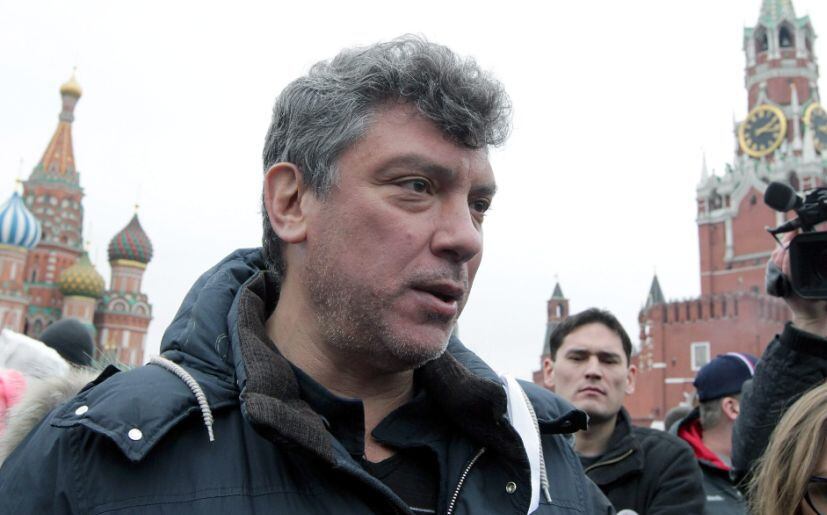
Dead
Former Deputy Prime Minister Boris Nemtsov He became one of the main detractors put on in the 2000s. Less than a year after opposing the annexation of Crimea, Nemtsov was murdered in February 2015 with four bullets in the back, on a bridge a few meters from the Kremlin. He was 55 years old.
His supporters accuse the Chechen leader Ramzan Kadirov of having given the order, which he denies.
Five Chechens were convicted of this murder, without the perpetrator being officially identified.
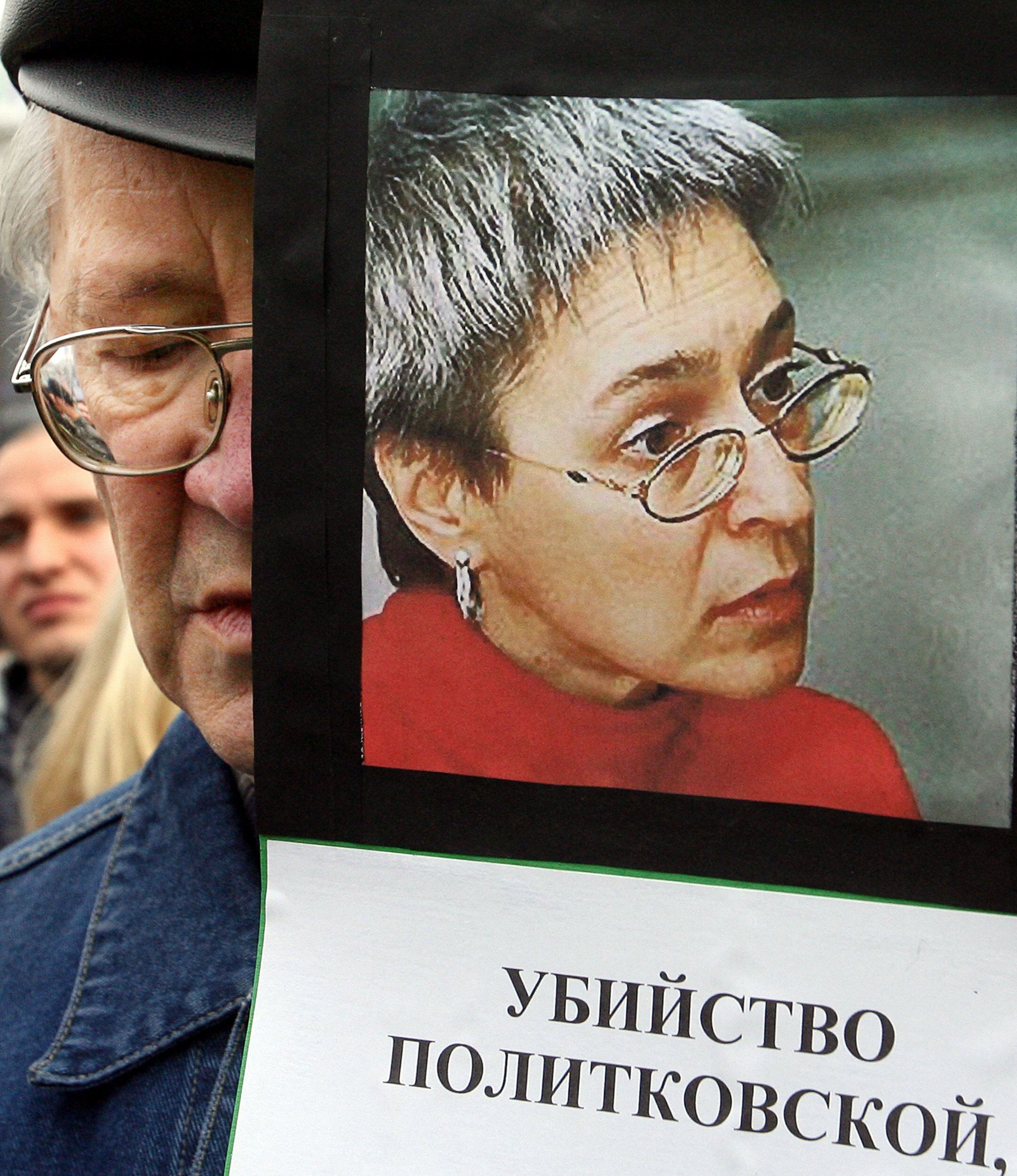
Ten years earlier, in October 2006, the journalist Anna Politkovskaia she was murdered in the lobby of her Moscow apartment building. A member of the editorial staff of Novaya Gazeta, the country’s main independent media outlet, he documented and denounced the crimes of the Russian army in Chechnya for years.
Stuck
Other opponents are arrested, such as Oleg OrlovA figure in the defense of human rights and the emblematic NGO Memorial, sentenced at the end of February to two and a half years in prison for condemning the Russian offensive in Ukraine.
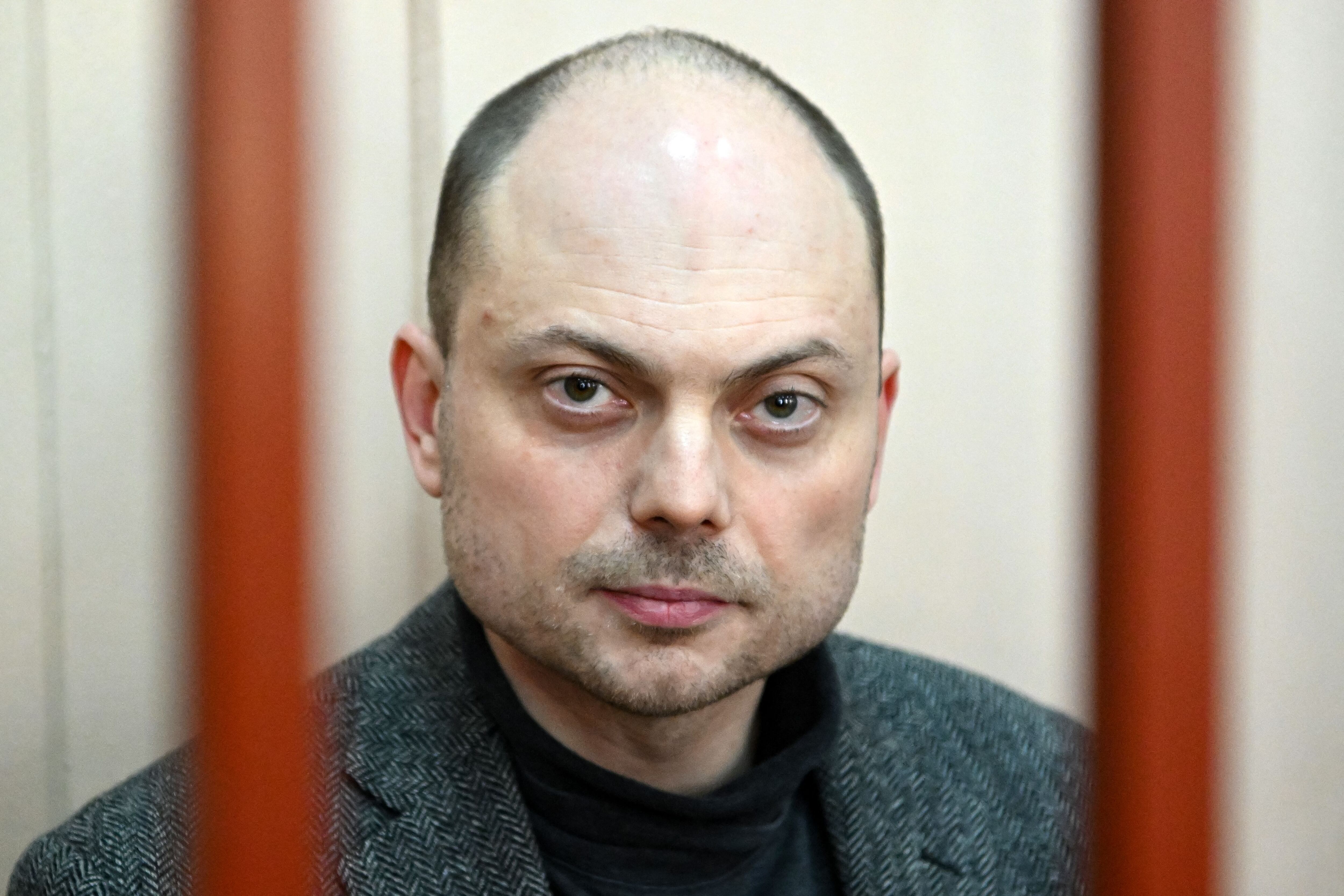
Vladimir Kara Murza, 42, a veteran opposition figure, claims to have survived two poisonings. In April 2023, he was sentenced to 25 years in prison in a closed-door trial for spreading “false information” about the Russian army.
He’s serving time in Siberia.
That same month, Ilia Iachin39 years old, was sentenced on appeal to eight and a half years in prison for reporting “the murder of civilians” in the Ukrainian city of Bucha, near Kiev, where the Russian army was accused of atrocities, which Moscow denies.
The nationalist opponent Igor GuirkineThe 53-year-old former pro-Russian separatist commander in eastern Ukraine who became a critic of Russian authorities was sentenced in January to four years in prison.
Two close to NavalnyLilia Chanicheva and Ksenia Fadeieva are serving prison sentences for “extremism”.
According to the NGO Memorial, there are currently more than 250 “political prisoners” in Russia.
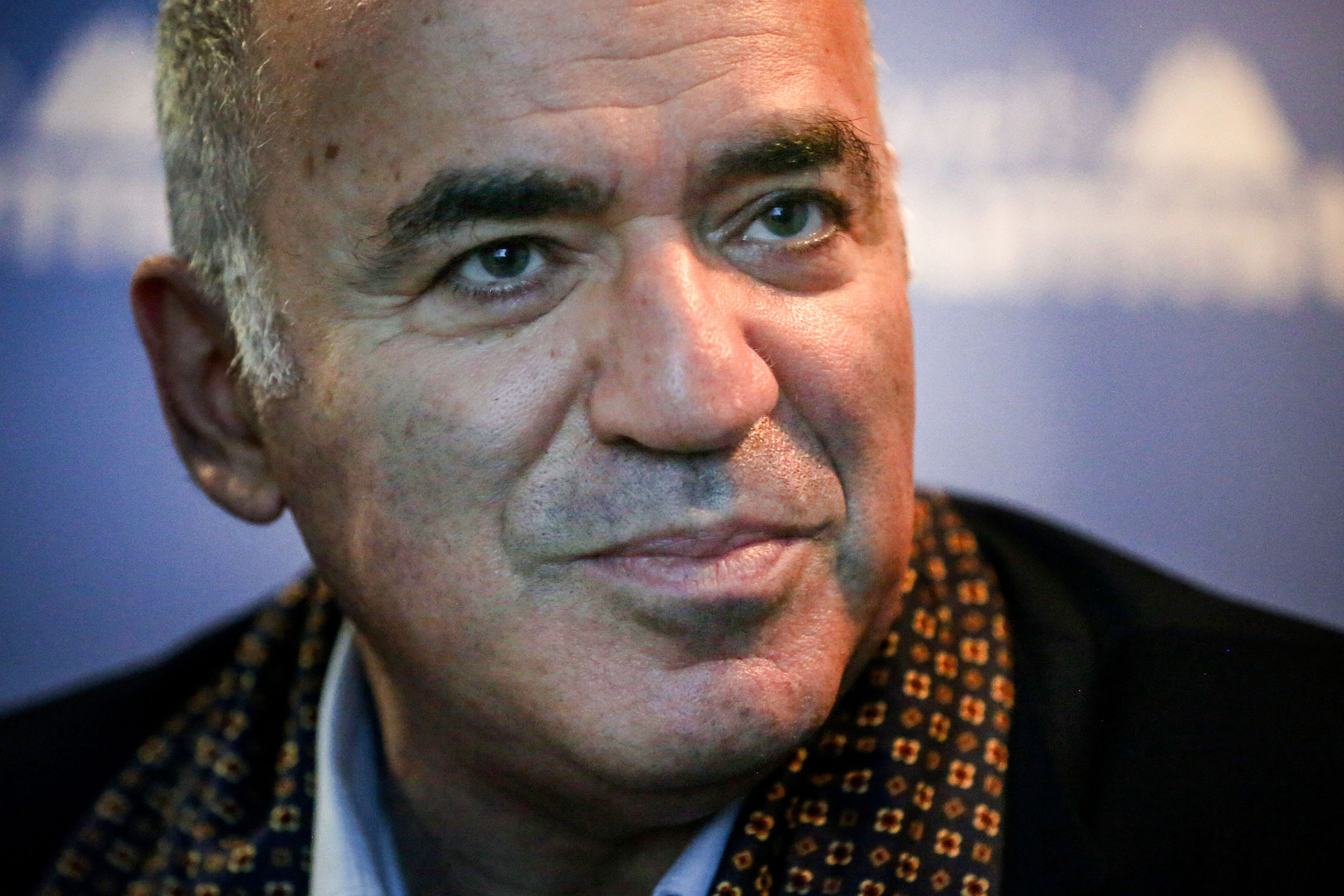
Exiles
Most of the main opponents who remain in Russia are in prison. The rest fled or went into exile, like the former world chess champion Gary Kasparovincluded on March 6, 2024 in the list of “terrorists and extremists”.
Mikhail Khodorkovsky, former oil tycoon, spent ten years in prison for opposing put on in the early 2000s.
After his release in 2013, the former oligarch settled in London, from where he finances opposition platforms.
Many supporters of Navalny they abandoned Russia in recent years, driven by the sharp acceleration of repression since the offensive in Ukraine in February 2022.
Russia is also increasing pressure on dissidents in exile. In February, an investigation was opened in Russia against the writer Boris Akunin, exiled in London since 2014, for “disseminating false information” about the army and “calling for terrorism”.
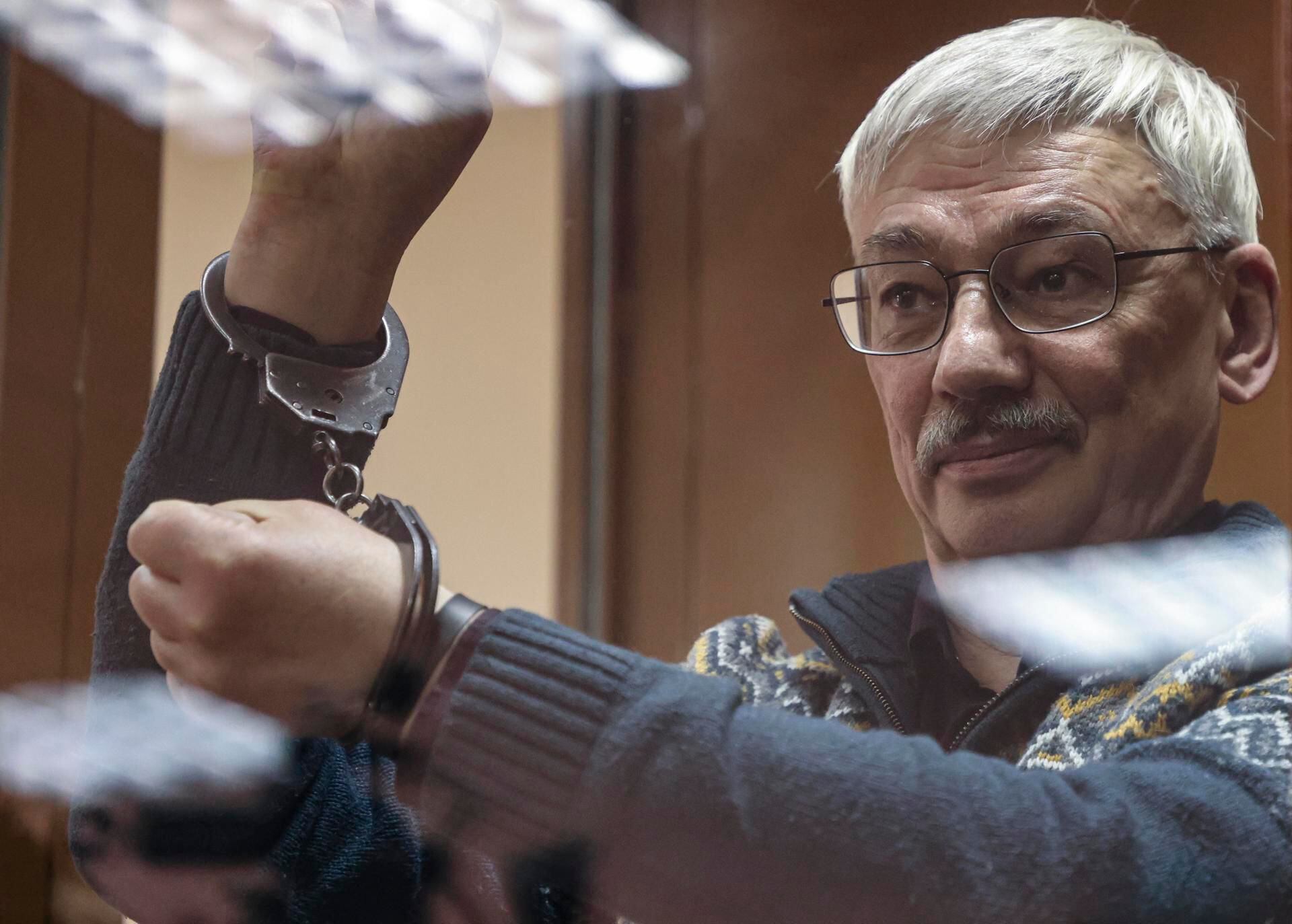
“Foreign agents”
Another punishment against opponents is to designate them as “foreign agents”.
That’s what happened in February Oleg Orlovof exiled former prime minister Mikhail Kasianov and Novaya Gazeta editor-in-chief Dmitri Muratov.
A pillar of the defense of human rights in Russia, the NGO Memorial, winner of the 2022 Nobel Peace Prize, was dissolved by Russian justice at the end of 2021 for violating the law on “foreign agents”, which imposes strict administrative obligations.
Russian justice also ordered the dissolution of several associations with critical views, such as the Sakharov Center in August 2023 and previously with the Moscow Helsinki Group and the Sova Center.
Source: Elcomercio
I am Jack Morton and I work in 24 News Recorder. I mostly cover world news and I have also authored 24 news recorder. I find this work highly interesting and it allows me to keep up with current events happening around the world.

:quality(75)/cloudfront-us-east-1.images.arcpublishing.com/elcomercio/53V4ASD2UNHCFHSWQKYQJLURA4.jpg)

:quality(75)/cloudfront-us-east-1.images.arcpublishing.com/elcomercio/QXM7XV2HEFHPNOVYZBJDEC6VJQ.png)


:quality(75)/cloudfront-us-east-1.images.arcpublishing.com/elcomercio/225PZT3R3FCJ7K4MFOV3T5KUL4.jpg)
